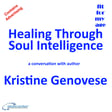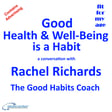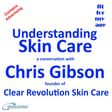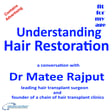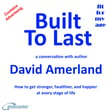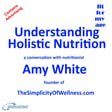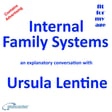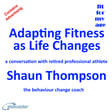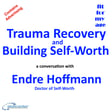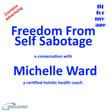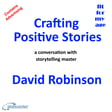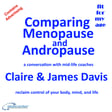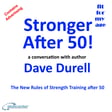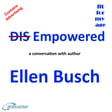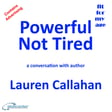
Understanding Healthy Intimate Relationships a conversation with John Kenny – the Relationship Guy
How to Attract and Create the Relationships that You Want and Need
John Kenny is known as the Relationship Guy, and the author of The People Programme.
He coaches people on how to find and create the positive intimate relationships that they want to have
In this episode of the Abeceder health and well-being podcast Fit For My Age, John Kenny discusses with host Michael Millward
- How human nature is to be in an intimate relationship
- Being in a relationship to fit in or fulfil the expectations of other people
- The influence of other friends and families in relationship building
- Working out what you want and need from a relationship
- Honesty and dishonesty in relationships
- Emotional intelligence
- Compromise and compliance in relationships
- The difference between, Doing it for me, doing it for you and doing it for us
- Changes in relationships
Find out more about Michael Millward and John Kenny at Abeceder.co.uk.
Audience Offers - listings include links that may create a small commission for Fit For My Age
Buy The People Programme on Amazon
Proactive Positive Ageing.
We recommend The Annual Health Test from York Test, because knowing the risks early means you can take appropriate actions to maintain good health.
An experienced phlebotomist completes a full blood draw at your home or workplace, so that 39 different health markers can be assessed in a UKAS-accredited and CQC-compliant laboratory.
A Personal Wellness Hub gives access to easy-to-understand results and guidance to help you make effective lifestyle changes.
Visit York Test and use this discount code AGE25.
Fit For My Age is made on Zencastr, because Zencastr is the all-in-one podcasting platform, that really does make creating content so easy.
If you would like to try podcasting using Zencastr visit zencastr.com/pricing and use our offer code ABECEDER.
Travel Members of the Ultimate Travel Club enjoy travelling at trade prices on flights, trains, hotels, holidays and so many other travel related purchases. Use the link to access discounted membership.
Matchmaker.fm If you are a podcaster looking for interesting guests or if, you have something interesting to say Matchmaker.fm is where great hosts and great guests are matched and great podcasts are hatched. Use our offer code MILW10 for a discount on membership.
Being a Guest
If you would like to be a guest on Fit For My Age, please contact using the link at Abeceder.co.uk.
We recommend the podcasting guest training programmes available from Work Place Learning Centre.
We appreciate every like, download, and subscriber.
Thank you for listening.
